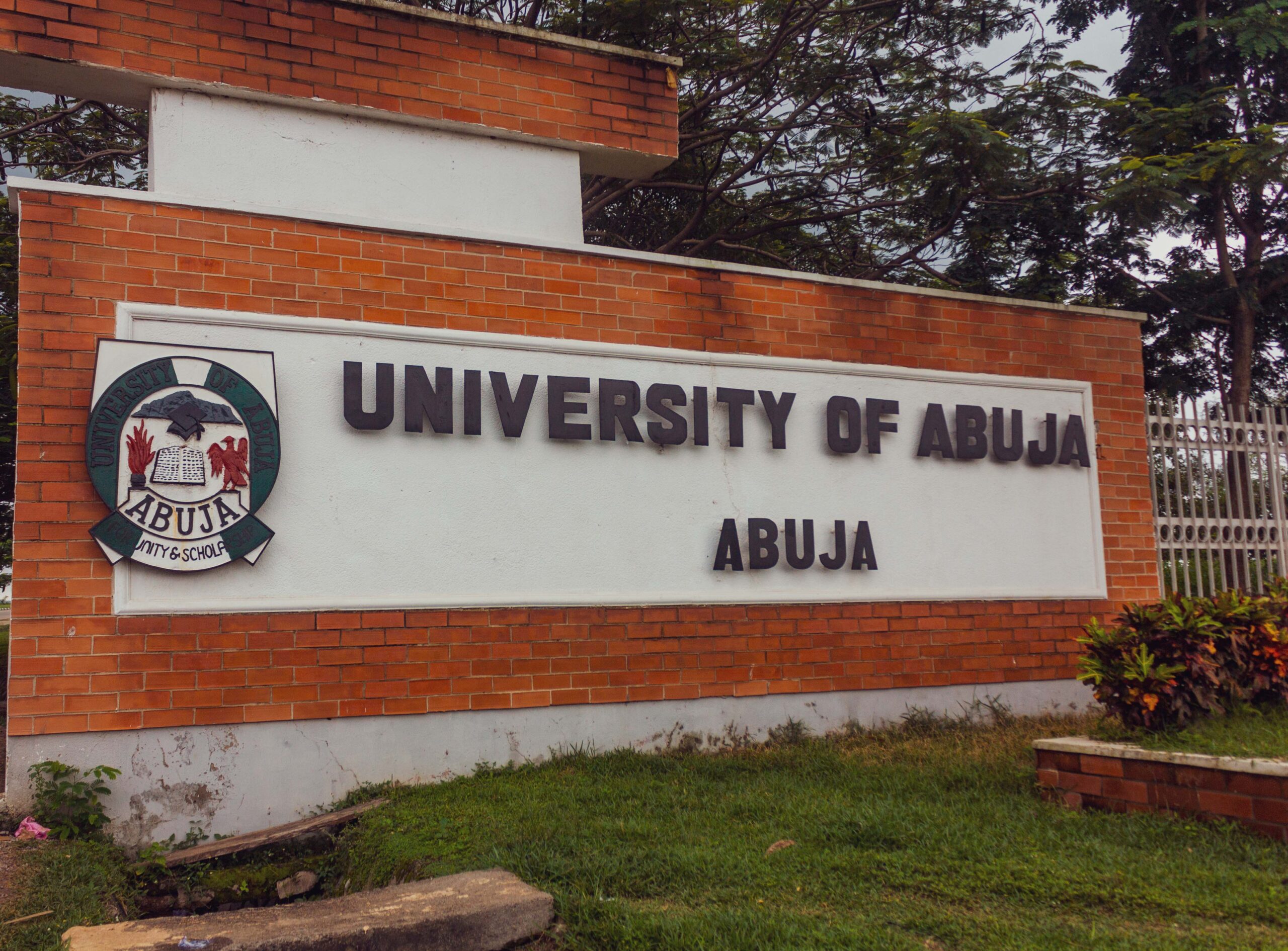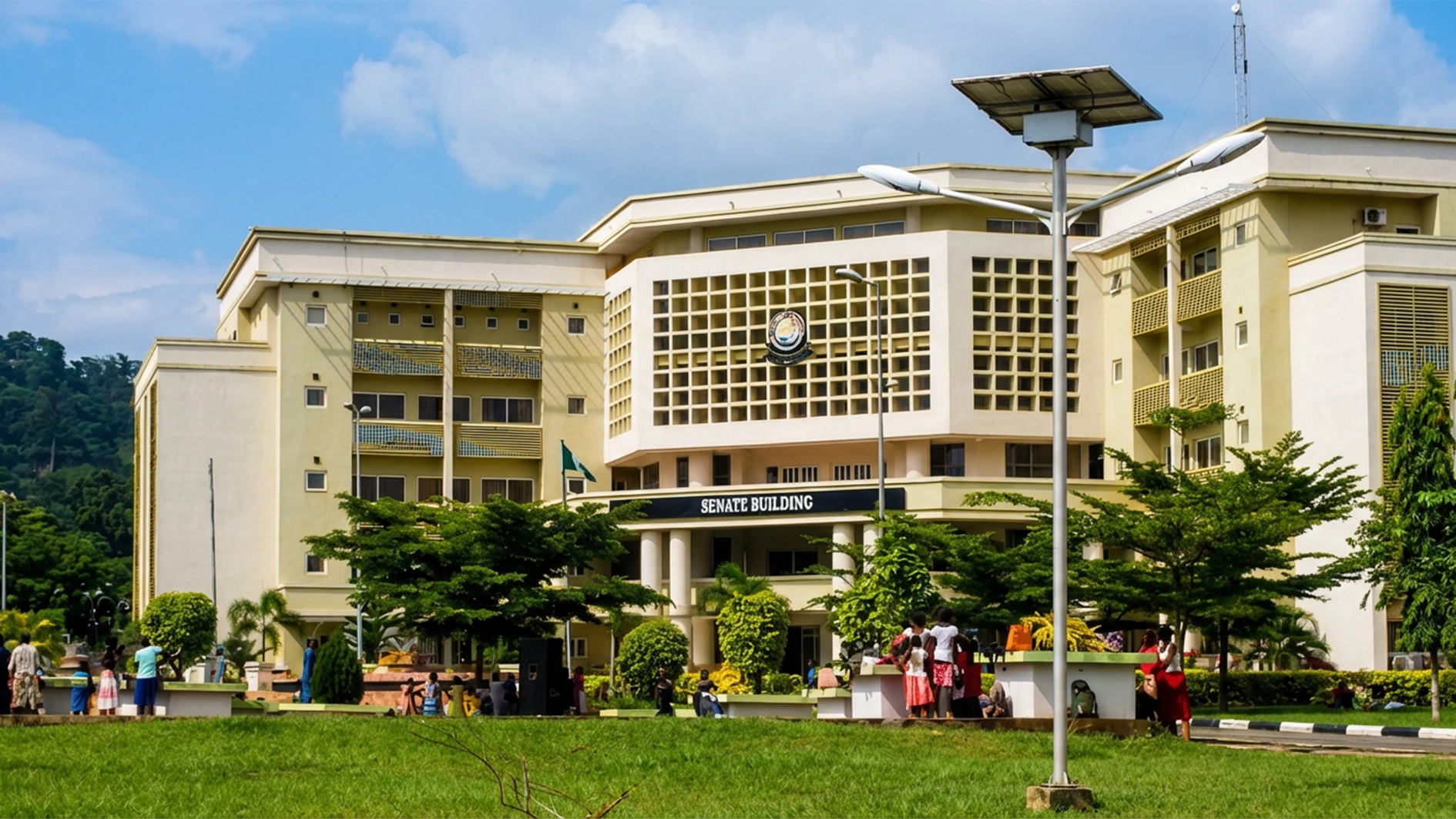As the new school year begins in the Federal Capital Territory (FCT) today, parents are grappling with the difficult task of securing enough money to cover their children’s education.
For many parents, the start of a new academic session for basic and secondary schools brings more anxiety than excitement, as financial limitations overshadow their hopes for their children’s schooling.
The Nigerian economy has placed considerable strain on parents’ ability to provide quality education for their children.
Rising inflation and the high cost of living have reduced disposable income, making it increasingly difficult to meet the financial demands of tuition, books, uniforms, and other school-related expenses. Data from the National Bureau of Statistics (NBS) puts the July 2025 inflation rate at 21.88 per cent.
Also, widespread unemployment and underemployment have left many households without stable income, forcing parents to either delay or forgo educational commitments. Parents who once aspired to provide the best for their children are now trapped in a cycle of compromise and frustration.
This is the case of a single mother, Obiageli Okoro, who once enrolled her two children in a reputable private school in Abuja. With her modest income from petty trading and support from family members, Okoro initially managed to cover the costs.
However, when the school suddenly raised its fees by over 30 per cent last session, the pressure became unbearable.
“I tried everything I could—working extra hours, borrowing from friends—but it was never enough. I had to choose between feeding my children and paying their school fees,” she explained, adding that she has already started arrangements to transfer her children to a cheaper school this session.
Her story mirrors that of countless other parents across the country. A father of four, Sunday Eze, shared a similar struggle: “Every term, the school sends a reminder about fees. I feel ashamed when I cannot pay on time. Sometimes, my children are sent home, and they cry because they do not want to miss classes. I don’t know what to do this session ahead of resumption.”
The Guardian reports that some parents have resorted to crowdfunding on social media to secure financial assistance for their children’s education, while others have been forced to part with personal belongings to cover tuition costs.
In an interview with our correspondent, a widower of three, Ezekiel Zamber, revealed that he had to sell some of his possessions in order to pay school fees and purchase learning materials for his children.
“It was not an easy decision, but I could not bear to see my children sent home because of unpaid fees. I had to sell my caravan just to make sure they can continue their education. As a parent, you sometimes sacrifice everything so your children can have a better future,” he said.
Experts warn that if this trend continues, Nigeria may witness a further decline in school enrollment and completion rates, particularly among children from low-income families.
Statistics indicate that Nigeria has one of the highest numbers of out-of-school children in the world, with 17 million children not in school.
Stakeholders say this poses a serious threat to the country’s human capital development and future workforce.
An education advocate, Folashade Akinyemi, noted that Nigeria risks raising a generation with limited skills and opportunities. “Education is supposed to be a ladder out of poverty, but when it becomes unaffordable, it pushes families deeper into the same poverty cycle,” she said.






